Welsh Lockdown easing

As lockdown restrictions continue to be eased in Wales, many are asking what they can – and cannot do – under the latest rules and guidance here is some guidance put out by the BBC on Welsh lockdown and the easing being introduced.
Beer gardens reopened last Monday – along with hairdressers and barbers, for the first time since social-distancing measures were brought in at the end of March.
As the levels of virus spreading through the community have reduced, the Welsh Government has moved to lift more restrictions, including introducing “extended households”.
What is an extended household?
An extended household is the how the Welsh Government has introduced what is known in England, Scotland and Northern Ireland as “support bubbles” – an idea first introduced in New Zealand.
It is designed to help families reunite and help support those with care needs.
A household means a group of the same people all sharing the same home. It could be a family living together, flatmates in the same property, or even individuals renting rooms in the same house.
There is no restriction on the number of people in a household – as long as they are always the same people.
An extended household is when two of those households come together as one.
For example, two grandparents could agree to become part of an extended household with their daughter and her partner and children.
The two households could then visit each other as much as they wish, go indoors, and even stay overnight.
Where’s the catch?
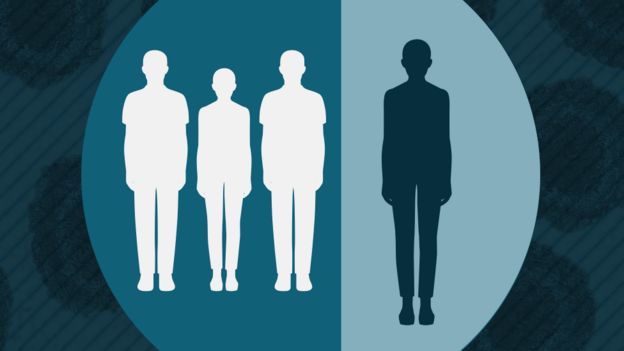
There are restrictions – and it could mean some tough choices for individuals.
The main rule is this: Once you join an extended household – you cannot join another.
If it is our grandparents enjoying Sunday lunch with their daughter and grandchildren at the family home, those same grandparents cannot then decide they want to join with another family member next week.
They cannot decide they are ditching the daughter for their favourite son.
Once you are in a extended household, there is no swapping members – you have to stick with your original choice.
And a word of warning: If one person in your extended household develops Covid-19 symptoms, every member of that extended household will be asked to self-isolate.
What if we share custody of a child?
There are always exceptions to the rule – and this is one of them.
If your child divides their time between two homes they can be a member of extended families in both homes.
But I live in a shared house?
In this case, where several people are renting separate rooms in a single property they do not have to form a single household themselves – and they can join other extended households.
Of course, where you may be sharing bathrooms and kitchens in a multiple-occupancy house, the Welsh Government points out it will increase the risk of spreading coronavirus – so they suggest have a good think and conversations with your housemates first.
Is there a limit to the number of people in extended households?
No, there is no limit. But again, you cannot swap people in or out. Once they are in, they are in.
I am in an extended household. Who else can I meet – and where?
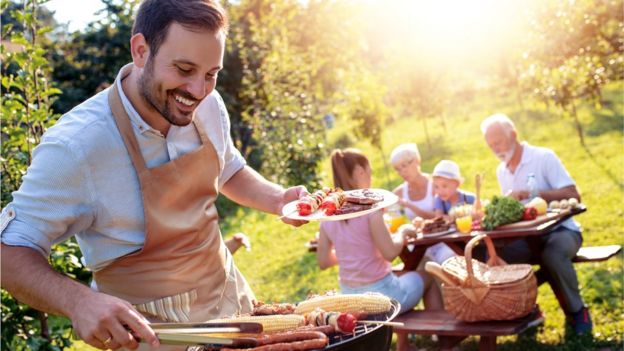
No more than two households can get together – and then they have to meet outside.
It is exactly the same for extended households.
Two extended households can meet – but they have to meet outside, and the two groups should also observe social-distancing rules.
Two families – our grandparents and their son or daughter, for example, who are in a single extended household – can meet another extended family household – perhaps their other son or daughter and their in-laws who have decided to bubble together.
But it must be outdoors.
Is there a limit on the number of people in extended households getting together?
As long as it is only two extended households coming together, there is no limit on numbers of people – as there is no limit on the size of a single extended household.
Again, it has to be outside, and separate households should remain socially distanced.
So yes, if you want to have a barbecue with your extended household and your neighbour’s extended household you can – if you want.
Can I meet more than one extended household at a time?
No, you cannot. Only two households can come together at once.
Your neighbour’s friends cannot tag along to that barbecue in the back garden – sorry.
Could I meet my friends in the pub then instead?
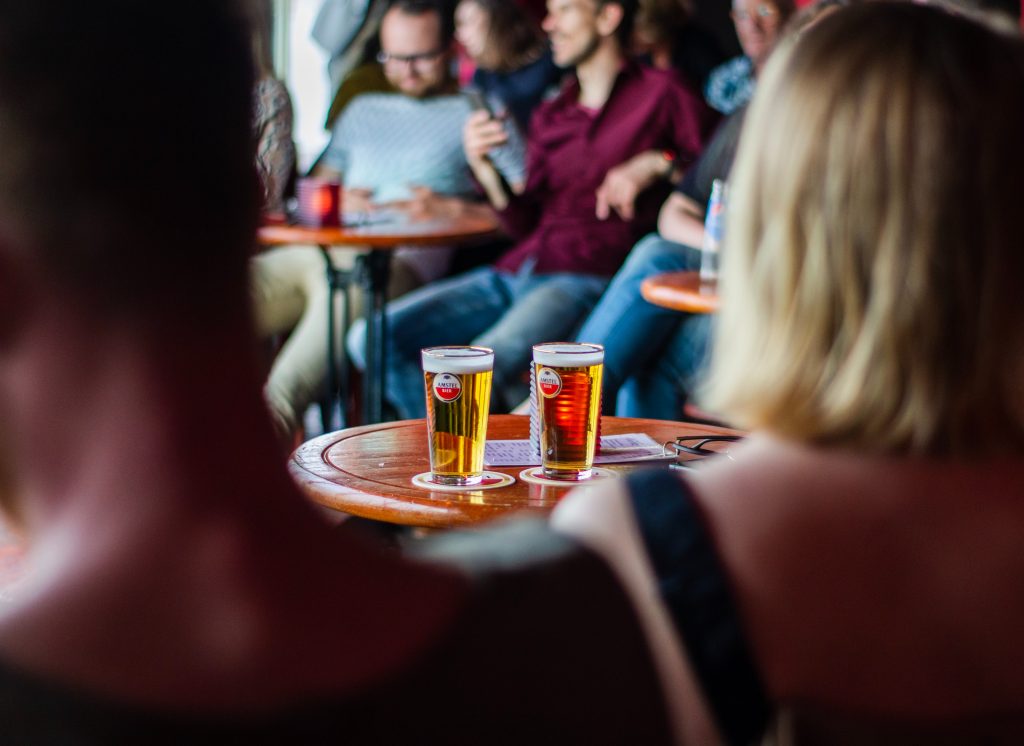
You cannot meet in the pub just yet – indoor cafes, bars and restaurants in Wales remain closed until 3 August.
But the same cannot be said for pub beer gardens.
Outdoor parts of pubs and restaurants could open in Wales from 13 July.
The latest regulations allow gatherings of “no more than 30 persons” – as long as it has been organised by:
- A business
- A public body or a charitable, benevolent or philanthropic institution
- A club or political organisation
- Or the national governing body of a sport or other activity
Of course, all those groups also have to meet strict health and safety rules before they can open their doors to you and your mates.
Don’t expect it to be a “normal” pint out.
What else can I do?
If it is not a beer or a meal you are after there are now plenty more things you can do in your extended household.
Self-contained holiday accommodation is open for business and bookings across Wales, with all travel restrictions lifted.
While they may be thinking about some sun worshipping – with Welsh weather, they may need a prayer or two.
And you’d be in luck there too – as faith leaders are also preparing to welcome back congregations from this week.
Fun in the sun
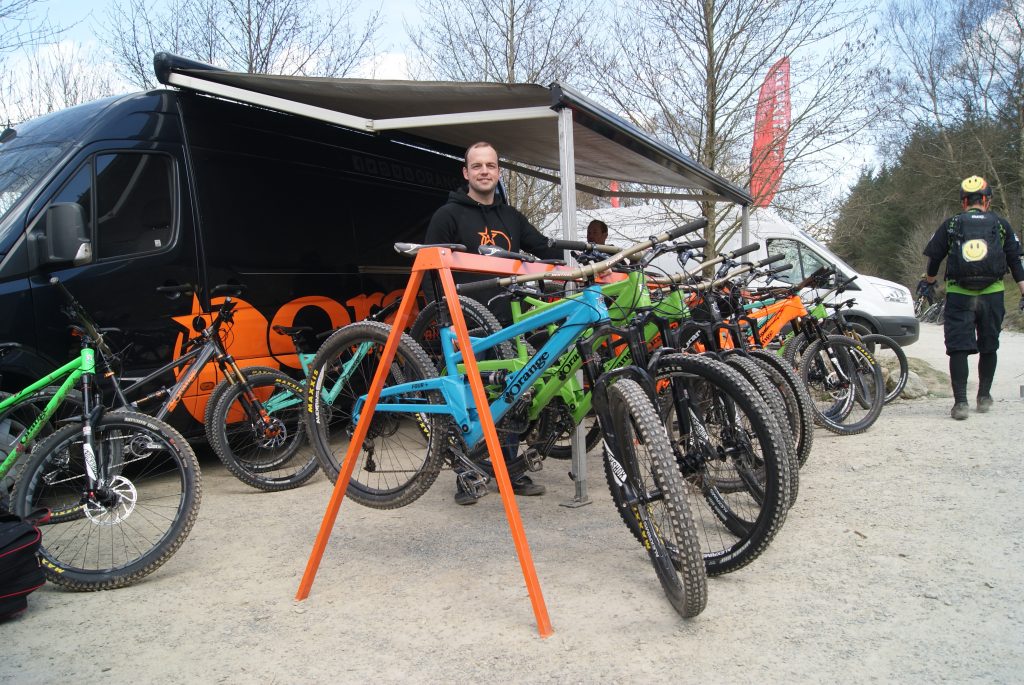
Outdoor exercise classes, team games such as cricket and sports clubs can meet again.
From Monday 20 July, there will be some playground relief for your youngsters during the summer holidays as they are allowed to reopen.
Also opening on Monday are community centres, outdoor gyms, and funfairs.
The great outdoors beckon on 25 July when campsites will be allowed to reopen.
Stay indoors?
On 27 July, cinemas, museums and galleries in Wales will be allowed to open their doors once more.
You will also be able to get a beauty salon pamper – and if you’ve the urge for ink, tattoo parlours are opening again.
And finally…
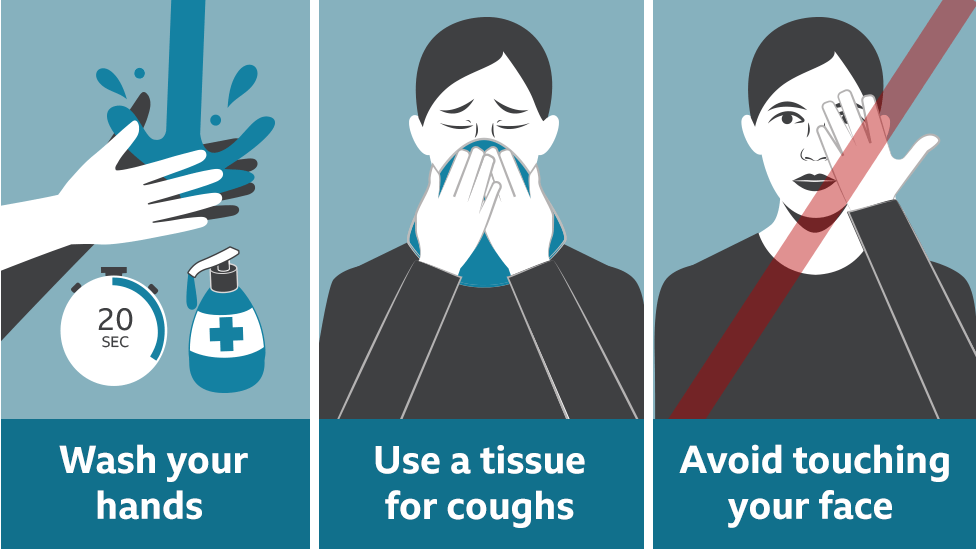
A reminder from the First Minister Mark Drakeford himself: “We could find our hard work quickly undone unless we all go on playing our part, every day, and in every way we can, to keep Wales safe.
“It is not over. Coronavirus is still here in Wales – and in the absence of a vaccine, it could be with us for some time yet.”
Timeline from Welsh Government for Easing in Leisure Industry for Wales
Legal requirements
To tackle the spread of coronavirus, the Welsh Government made the Coronavirus Restrictions Regulations in March 2020. These imposed strict restrictions on gatherings, the movement of people, and the operation of businesses (some of which were required to close). The Welsh Government prioritises the protection of people, and with this aim, is now following a cautious approach to easing this lockdown and reopening workplaces. The safety, health, and well-being of everyone is of paramount importance to us.
Many of the businesses that form part of the visitor economy in Wales have been required to close temporarily. These include hotels, holiday parks, campsites, bars and restaurants. Visitor attractions have also closed, partly because of the overarching requirements on people firstly to stay at home and more recently to stay local.
These restrictions are gradually being eased. This is a phased process and even after being allowed to re-open, all businesses will need to comply with ongoing legal restrictions. Our focus, at least initially, in doing so will be on maintaining physical distancing and minimise the extent to wish people mix indoors.
The current proposals at the last review on 10 July, which are subject to change, envisage re-opening the visitor economy as follows:
| 6 July 2020 | Outdoor visitor attractionsOn 6 July the Welsh Government lifted the requirement to stay local allowing people to travel around Wales and to visit outdoor visitor attractions, subject to strict social distancing and hand hygiene guidelines. |
| 11 July 2020 | Reopening self-contained holiday accommodationSelf-catering accommodation can only be let to members of the same or extended household. This also includes serviced accommodation where bedroom occupancy can only be let to the same or extended household and not, for example, friends booking a twin bedroom or a family bedroom, etc.This includes any accommodation that is entirely self-contained, e.g. holiday cottages, holiday caravans including touring caravans, motorhomes, boats and some glamping accommodation with their own kitchens and bathrooms that no other guests use.Also in this category:Hotels and other serviced accommodation (e.g. B&Bs, hostels, etc.) that do provide en-suite rooms and can provide room service meals.Caravan parks where accommodation is entirely self-contained – but shared facilities on the premises will remain closed, such as swimming pools, leisure facilities, shared shower and toilets blocks, shared laundry, etc, and public areas in other accommodation types. This means any caravan or touring site where individual accommodation has its own supply of water for on board shower, WC and cooking with strict application of guidance on shared waste disposal and water points.All shared facilities, aside from water and disposal points, should remain closed including toilets, shower blocks, laundry, restaurants, nightclubs, bars, cafes, etc. |
| 13 July 2020 | Pubs, bars, cafes and restaurants re-open outdoorsIndoor visitor attractions (EXCLUDING any part of a visitor attraction which is underground). |
| 25 July 2020 | Camping and caravanning with shared facilities prepare for re-opening |
| 3 August | Indoor hospitality prepare for re-openingCheck back later for more information. |
| To be confirmed | Re-opening of remaining visitor attractions subject to further scientific advice and discussions with the industryCheck back later for more information. |
A safe return to work will require compliance with requirements set out in the Coronavirus Regulations to take all reasonable measures to ensure that a distance of 2 metres while working. Employers must also take guidance and supplementary guidance issued under Regulation 7A into account.
In addition, more specific physical distancing requirements will almost certainly be imposed on the visitor economy, similar to those imposed on the retail sector. This requires businesses to take all reasonable measures to ensure that 2 metres distance is kept whilst waiting to enter premises, as well as admitting people onto premises in sufficiently small numbers to ensure that distance is kept.
Work is ongoing on these issues, which includes also a review of the 2 metre distance and the extent to which alternatives can be adopted where appropriate.
Full BBC Article can be read at https://www.bbc.co.uk/news/uk-wales-53448501
Full Welsh Gov page on Lockdown Easing for the Leisure Industry can be seen at https://gov.wales/tourism-and-hospitality-businesses-guidance-phased-reopening-html

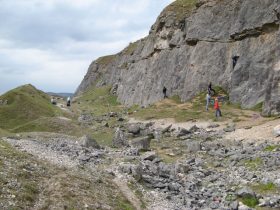



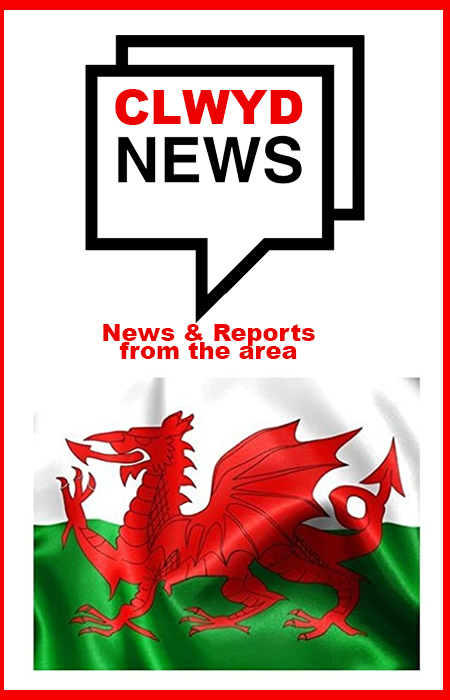

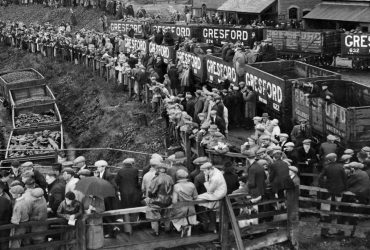


Leave a Reply